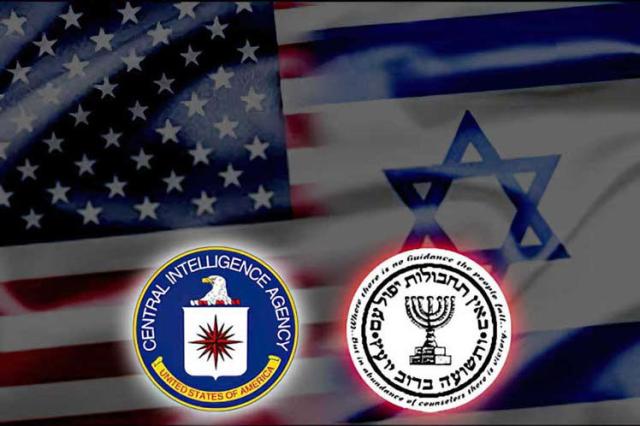The recent developments in the ongoing dialogue between Israel and Hamas, mediated by Qatar and involving top intelligence officials from the United States and Israel, mark a critical juncture in addressing the complex situation in Gaza. The arrival of David Barnea, head of Israel's Mossad intelligence service, alongside CIA Director William Burns in Doha, underlines the strategic importance of these talks.
The meeting, also attended by Egyptian officials, aims to capitalize on the momentum generated by the extended humanitarian pause in Gaza, exploring further possibilities towards a more comprehensive agreement. This diplomatic effort, led by Qatar where key Hamas political leaders are based, signifies a concerted attempt to navigate the intricate geopolitical landscape of the region.
CIA director Bill Burns will meet with Mossad director David Barnea and Qatar's prime minister in Doha today to discuss a possible second extension of the pause in the fighting in Gaza if Hamas releases more hostages.
— Michael Weingardt (@Michael_Wgd) November 28, 2023
If the extended deal holds, the pause in fighting will last…
It's important to note the backdrop against which these talks are being held. The Gaza Strip, densely populated and under the control of Hamas, has been a focal point of intense conflict. Recently, Israel conducted significant military operations in response to violent acts by Hamas, which resulted in substantial casualties and displacement. These operations underscore Israel's firm stance against Hamas, a group it has vowed to dismantle due to its history of violence and aggression.
The negotiations have already yielded some positive outcomes. During the initial phase of the truce, Hamas released a number of Israeli women and children, a gesture reciprocated by Israel with the release of several detainees. The extension of the truce indicates a willingness on both sides to continue dialogue, albeit within a complex and sensitive context.
💥BREAKING NEWS
— Trading Floor Audio (@TradeFloorAudio) November 28, 2023
CIA director Bill Burns will meet with Mossad director David Barnea and Qatar's prime minister in Doha on Tuesday to discuss a possible second extension of the pause in the fighting in Gazahttps://t.co/J6AqALS3HO
However, challenges remain, particularly regarding the release of Israeli men and military personnel held by Hamas. The situation is further complicated by the differing narratives and casualty reports emerging from the region, with figures often contested and hard to verify.
As these high-level discussions continue, they represent a critical opportunity for progress, albeit one fraught with the challenges inherent in such a deeply entrenched and multifaceted conflict. The involvement of international and regional actors reflects the global significance of these efforts and the need for a nuanced, collaborative approach to peace and stability in the region.


